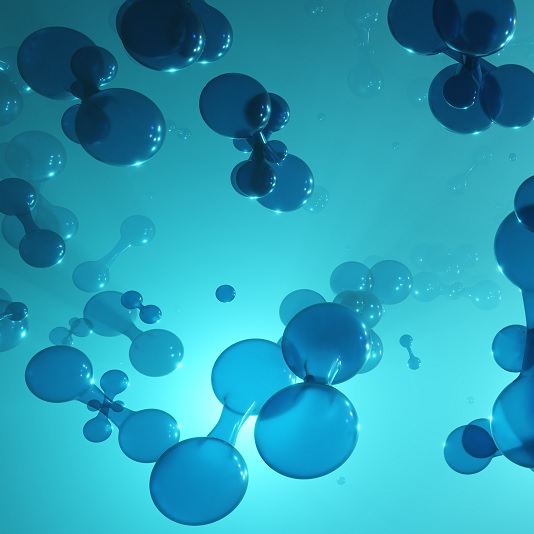Safran group subsidiary entrusts Cetim with the creation of a specific test bench in a hydrogen environment
Safran Aero Booster and Cetim have signed a contract for the construction of a test bench in a hydrogen environment. The Safran Group subsidiary, which specializes in modules, equipment, and test benches for aerospace engines, is facing a problem with the overall and mechanical performance of a bearing in a hydrogen gas environment. This part, which is already subject to mechanical embrittlement due to its operation, will be placed in a valve through which hydrogen circulates – a volatile, reactive, and flammable gas that weakens materials. The test bench will determine when and how the bearing can be damaged.
The tests will begin in February 2026 and last for three months. They will be carried out using specific equipment and areas: rotation, stress, temperature rise, pressure, etc. A magnetic coupling, an unusual technology for this type of application, will be used to obtain a resistant torque measurement with little disturbance.
If the bearing breaks, Cetim experts will be able to explain the reasons (fatigue, contact, embrittlement, service life) and, if necessary, guide the manufacturer towards a more suitable material. This modular test bench, capable of testing components in a submerged hydrogen environment, will allow tests to be carried out on different geometries and other parts besides bearings, with possible applications in the automotive industry, fuel cells, wind turbines, etc.
This success was made possible by Cetim’s strategic HyMEET project, which helps manufacturers meet the technological and economic challenges associated with hydrogen by combining R&D, substantial investments in test benches and platforms, consulting, and training.
More on our services dedicated to the aerospace
More on our services to unlock H2 technological barriers




